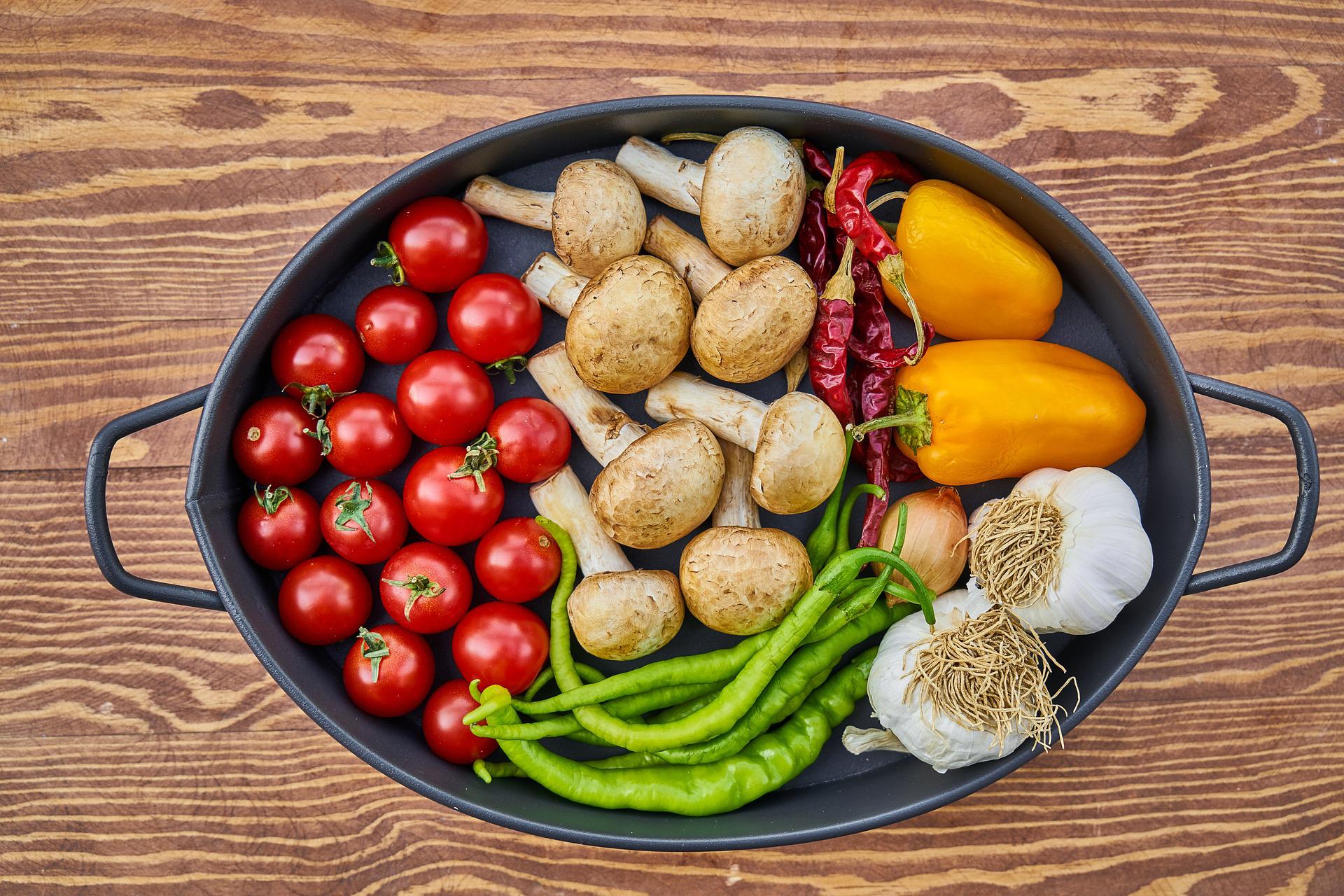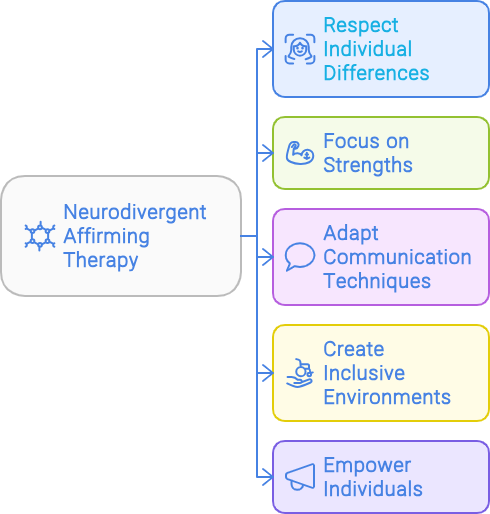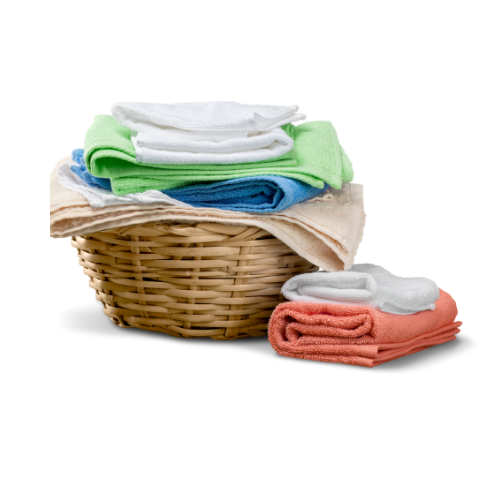
ADHD Meal Planning Solutions: Simple Strategies for Stress-Free Eating
Introduction If meal planning feels overwhelming or chaotic, especially with ADHD, know this: You are not alone. So many people with ADHD experience the same challenges—decision fatigue, lack of motivation, and fluctuating energy levels can make cooking or even deciding what to eat feel impossible.
It’s important to remember that ADHD affects how our brains process tasks, and it’s okay if some days are harder than others. Hormonal shifts, like during your period, can also make things even trickier. But meal planning can become easier, and it doesn’t have to be a source of shame or stress. With a few ADHD-friendly strategies, you can create a meal routine that feels manageable and nourishing, even during tough times.
Why Is Meal Planning So Challenging with ADHD?
For those with ADHD, meal planning can be a real struggle. You’re juggling multiple tasks—deciding what to eat, remembering what ingredients you have, and finding the energy to cook. When you add in hormonal changes (such as the dips in energy and mood that can come with your period), it’s no wonder things feel harder than they should be.
Here are a few common challenges:
- Decision paralysis: Ever feel like you’re staring at the fridge but can't pick something to eat? The sheer number of choices can leave you stuck.
- Low motivation: Cooking or planning meals can seem exhausting, especially on low-energy days.
- Fluctuating energy levels: On some days, you might have the energy for a multi-step meal, while on others, heating up a frozen dinner feels like a win.
- Food cravings and aversions: During hormonal shifts, you may crave certain foods, only to lose interest in them later, which makes planning meals in advance tough.
- Disorganization: Keeping track of groceries and ingredients can be challenging, often leading to forgotten food or last-minute takeout.
It’s important to recognize that these struggles don’t mean you’re lazy or “bad” at adulting—your brain is simply wired differently. That’s okay! These strategies are here to work with your ADHD and hormonal rhythms, not against them.
ADHD-Friendly Meal Planning Solutions
1. Batch Cooking to Reduce Daily Stress
Batch cooking can take the pressure off daily meal decisions. When you have pre-prepared meals in your fridge or freezer, you can spend less energy thinking about what to eat—especially helpful during low-energy days or when you’re feeling more sensitive during your period.
- Choose simple recipes: Choose meals that require little mental effort, such as soups, grain bowls, or casseroles. These can be made in larger portions and stored for later.
- Cook when energy is high: Take advantage of days you feel more focused and energetic. Cook extra portions and freeze individual servings for easy reheating later.
- Mix and match: Prep basics like roasted veggies, cooked grains, and proteins. You can combine them into different meals depending on how you feel that day.
By having meals ready, you’re not stuck trying to make decisions on the spot, especially when energy is low or your hormones make you feel out of sorts.
2. Prep When You Have Energy
One of the best ways to manage those energy dips, whether caused by ADHD or hormonal changes, is to do your meal prep when you’re feeling more motivated. When your energy is low (like during PMS or your period), having ingredients prepped means you can throw a meal together with minimal effort.
- Prepping ingredients is enough: If preparing entire meals feels overwhelming, focus on prepping smaller things. Chop veggies, cook your proteins, or divide snacks into portions. Then, when you’re low on energy, everything is ready to go.
- Establish a prep routine: Set aside specific weekly times to do your prep. It might be Sunday afternoons or evenings when you typically feel more motivated—do what works for your energy cycles.
3. Create a Flexible Meal Plan
Rigid meal plans often don’t work for people with ADHD—our moods, energy, and cravings can fluctuate too much, especially during hormonal changes. However, flexible meal plans can help reduce decision fatigue while still giving you options.
- Themed days for variety: Assign a general theme to each day of the week. Think "Pasta Mondays," "Taco Tuesdays," or "Soup Wednesdays." This narrows down choices but still lets you pick something that fits your cravings.
- Rotate easy meals: Make a list of your favorite go-to meals and rotate them. This gives you something familiar to fall back on without planning too far ahead.
- Backup options: Always keep some easy-to-make items like canned soup, frozen meals, or sandwich fixings on hand. When your hormones make you crave comfort food or you’re too tired to cook, these backup options can save the day.
4. Minimize Decision Fatigue
If deciding what to eat feels like a never-ending struggle, try these tips to simplify the process:
- Use a meal planning app: Apps like Paprika, Mealime, or Yummly can store your favorite recipes and suggest meals based on ingredients you already have. This takes the guesswork out of daily meal decisions.
- Repetition is okay: It’s perfectly fine to repeat meals throughout the week! In fact, repeating meals can be a great way to reduce decision fatigue, especially when you’re going through hormonal dips or PMS.
- Prep simple lunchboxes: Pack a simple lunchbox the night before with easy-to-grab items like a sandwich, fruit, and snacks. Whether you’re at home or on the go, this can take away the midday stress of figuring out what to eat.
5. Healthy Grab-and-Go Options for Tough Days
We all have days where cooking feels impossible—whether it’s because of ADHD, your period, or just life. Having some healthy grab-and-go options can keep you nourished without too much effort.
- Stock pre-prepped snacks: Keep things like baby carrots, cheese sticks, nuts, and hummus on hand for quick, healthy snacks.
- Keep frozen meals handy: Find a few nutritious frozen meals you enjoy, and keep them in the freezer. When you don’t have the energy to cook, these can be lifesavers.
- Smoothies for an easy boost: Prep smoothie packs in advance by portioning out frozen fruits, greens, and protein powder. Blend them with your favorite liquid when you need a quick meal or snack.
Hormones and Food Fatigue: You're Not Alone
If you’ve ever found yourself feeling exhausted by the idea of eating, especially around your period, you’re not alone. It’s called food fatigue, and it’s common for people with ADHD and hormonal fluctuations. Some days, the thought of cooking, eating, and cleaning up can feel like too much to handle. On those days, it’s okay to keep things as simple as possible.
- Automate meals: Consider eating the same breakfast or lunch for a few days in a row. This reduces the number of decisions you need to make, which can free up mental energy for other tasks.
- Use an air fryer: An air fryer can be a great way to make quick, healthy meals with minimal cleanup. It’s especially handy for cooking when you’re low on energy or dealing with PMS.
- No-shame solutions: If doing dishes feels impossible, use paper plates or disposable cutlery. It’s better to nourish yourself in a way that works for you than to feel guilt about not doing things "the right way."
Remember, there’s no shame in finding shortcuts or opting for convenience. You’re doing the best you can, and that’s enough.
Wrapping it Up: You’ve Got This!
Meal planning with ADHD can be tough, especially with the added challenge of fluctuating hormones. But it’s important to remember that you’re not alone in this struggle, and there’s no need to feel ashamed if some days are harder than others. By embracing flexible strategies like batch cooking, prepping when your energy is high, and simplifying decision-making, you can take the stress out of meals and focus on what works best for you.
Every little adjustment helps, and there’s no one “right” way to meal plan. With these ADHD-friendly tips, you’ll be able to find your groove—no matter how your energy or mood shifts throughout the week.







